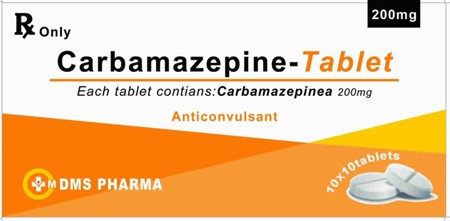A client who receives multiple antihypertensive multiple medications experiences syncope due to a drop in blood pressure to 70/40 mm Hg. Which is the rationale for the nurse’s decision to hold the client’s scheduled antihypertensive medications?
Increased urinary clearance of the multiple medications has produced diuresis and lowered blood pressure.
The synergetic effect of the multiple medication has resulted in drug toxicity and resulting hypotension.
The antagonistic interaction among the various blood pressure medications has reduced their effectiveness.
The additive effect of multiple medications has caused the blood pressure to drop too low.
The Correct Answer is D
The client is experiencing syncope (fainting) due to a drop in blood pressure to 70/40 mm Hg, which is too low. This suggests that the client's blood pressure medications are reducing their blood pressure too much, resulting in hypotension. The rationale for the nurse's decision to hold the client's scheduled antihypertensive medications is to prevent further hypotension and allow the client's blood pressure to stabilize at a safer level.
Option a is incorrect because diuresis (increased urine output) is not a likely cause of the client's hypotension.
Option b is incorrect because the client's symptoms suggest hypotension due to reduced blood pressure, rather than drug toxicity.
Option c is incorrect because the antagonistic interaction among blood pressure medications would result in reduced effectiveness but would not necessarily cause hypotension.
Nursing Test Bank
Naxlex Comprehensive Predictor Exams
Related Questions
Correct Answer is D
Explanation
Sucralfate is a medication used to treat and prevent the return of duodenal ulcers. It is important to take sucralfate on an empty stomach, either 1 hour before meals or 2 hours after meals. This allows the medication to work effectively by sticking to damaged ulcer tissue and protecting against acid and enzymes so healing can occur.

Correct Answer is D
Explanation
A carbamazepine level of 8.4 mg/L is within the therapeutic range of 4-12 mg/L. The nurse should administer the evening dose of carbamazepine as prescribed. The nurse should continue to monitor the client’s carbamazepine levels and assess for any side effects of the medication.

Whether you are a student looking to ace your exams or a practicing nurse seeking to enhance your expertise , our nursing education contents will empower you with the confidence and competence to make a difference in the lives of patients and become a respected leader in the healthcare field.
Visit Naxlex, invest in your future and unlock endless possibilities with our unparalleled nursing education contents today
Report Wrong Answer on the Current Question
Do you disagree with the answer? If yes, what is your expected answer? Explain.
Kindly be descriptive with the issue you are facing.
